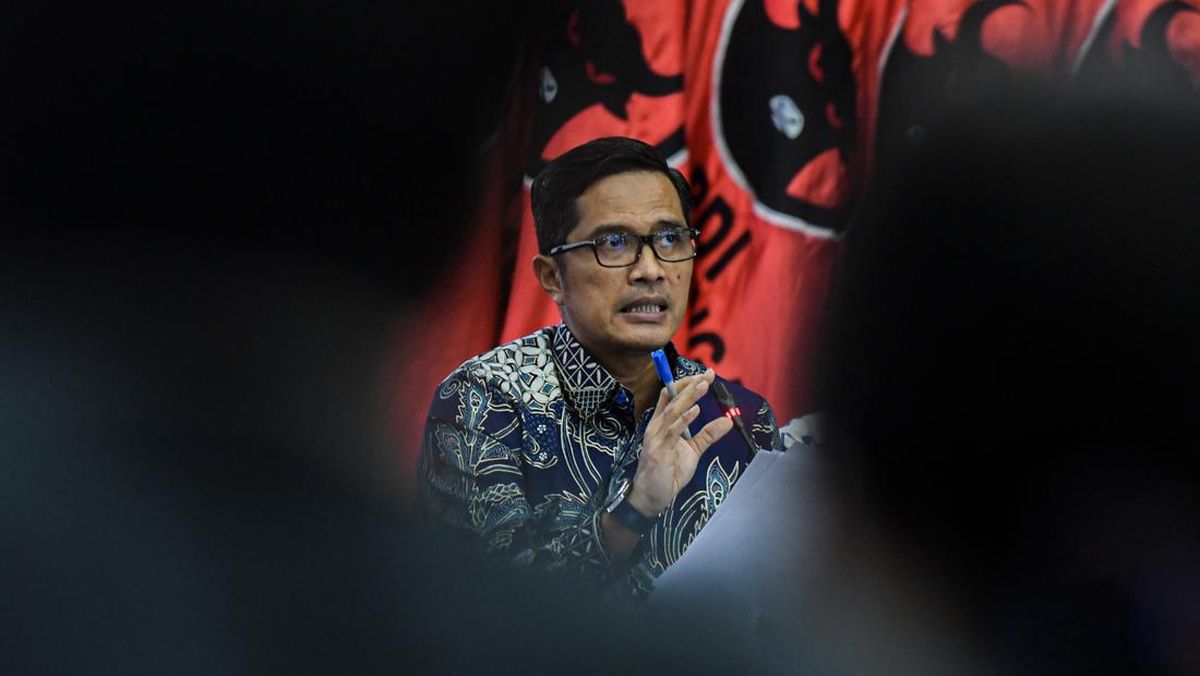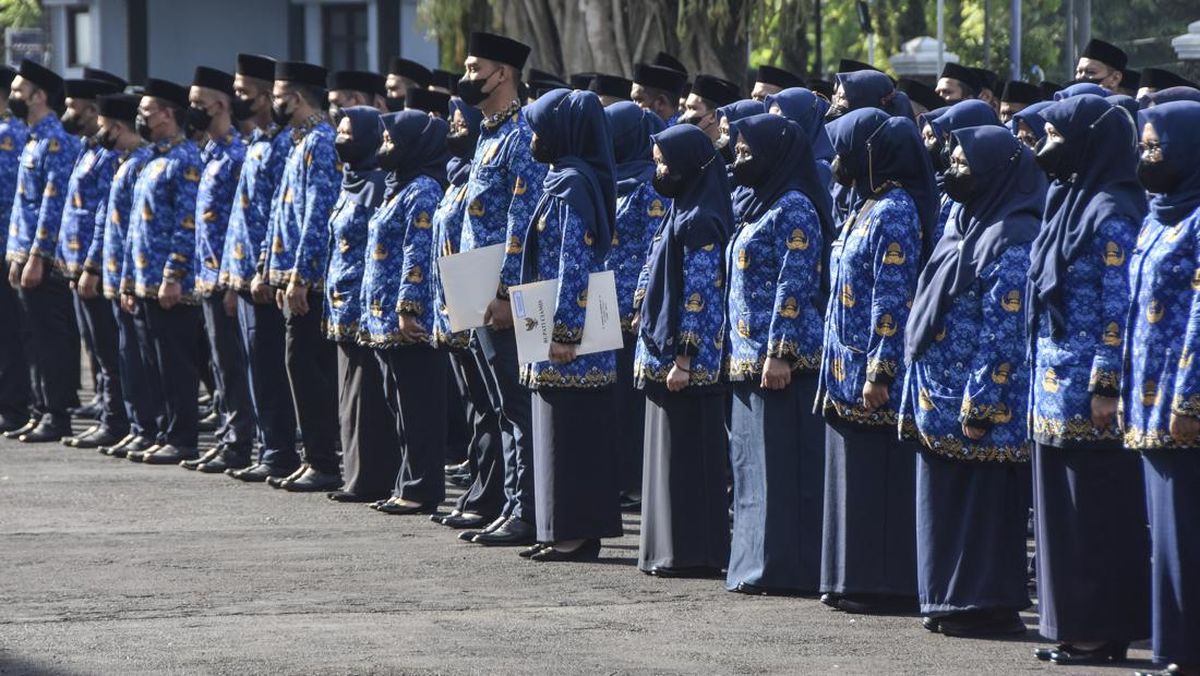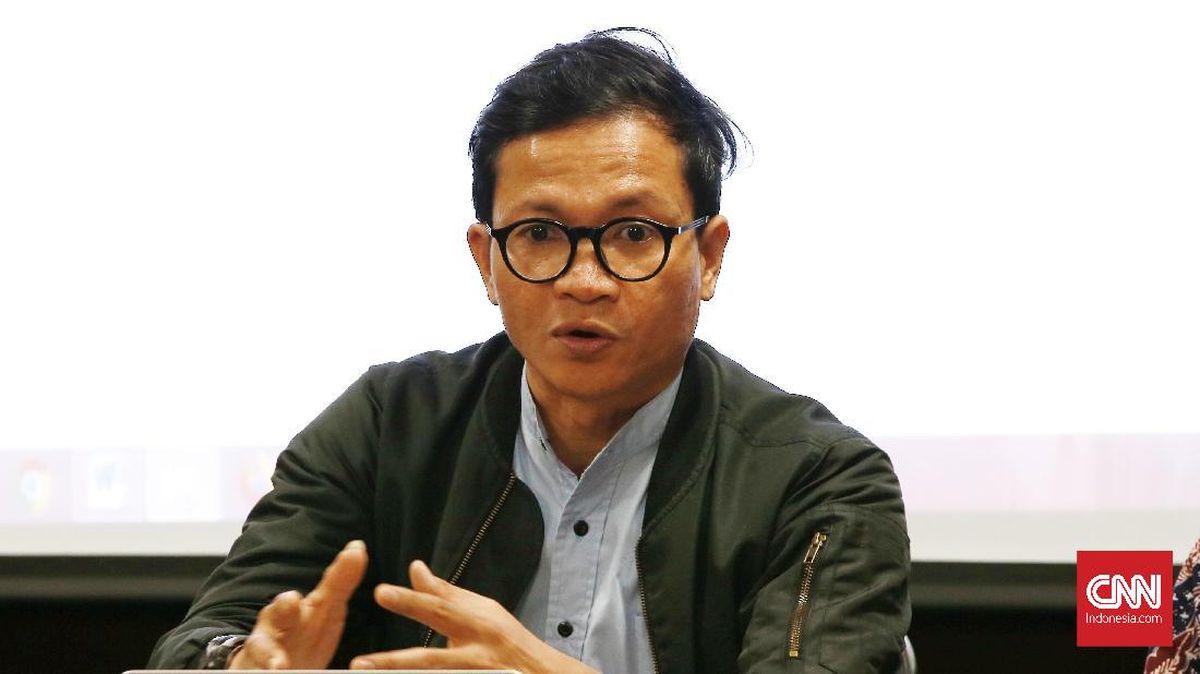TEMPO.CO, Jakarta - In March 2025, Finland was once again recognized as the happiest country in the world for the eighth consecutive year by the World Happiness Report.
This acknowledgment from the United Nations highlights the country's exceptional quality of life, strong social welfare systems, and the deep trust that exists among its citizens.
But what exactly has contributed to Finland's consistent top ranking as the happiest place on Earth?
Several factors, as highlighted by USNews and Business Finland, explain why Finland stands out as the world's happiest country.
1. Strong Social Protection System
A key pillar of Finland’s well-being is its comprehensive social protection system, which is consistently supported with billions of euros each year. Finland allocates over 20 percent of its Gross Domestic Product (GDP) to funding social welfare programs.
These programs include healthcare services, pensions, unemployment benefits, and other social assistance, providing a safety net for all citizens.
This level of investment in social welfare is among the highest in the European Union and the Organization for Economic Co-operation and Development (OECD) countries, ensuring that citizens feel secure and supported at all stages of life.
2. Commitment to Gender Equality
Finland is known for having one of the highest levels of gender equality in the world. According to the World Economic Forum 2023 report, women have achieved significant representation in politics, with 46 percent of parliamentary seats and 40 percent of city council positions as of April 2023.
The country also ranks fifth in the Best Countries for Women list by U.S. News, with 98 percent of its citizens supporting equal rights between women and men.
3. Family-Friendly Policies
Unlike many other countries where new parents face challenges in balancing family responsibilities and finances, Finland provides one of the most generous family leave systems in the world.
Finnish parents enjoy 40 working days of maternity leave for mothers, along with 160 days of parental leave that can be accessed by all guardians, whether biological or adoptive.
This allows parents to balance family responsibilities with their careers without facing severe financial burdens, fostering a supportive environment for families and children to thrive.
4. Leadership in Environmental Awareness
Finland has progressive environmental policies, including a target to achieve carbon neutrality by 2035. Despite facing challenges in meeting this target, the country is noted for having one of the lowest air pollution levels among OECD countries. Additionally, Finland ranks in the top 10 for the most environmentally friendly countries in the Best Countries list by U.S. News and is considered a pioneer in sustainable living.
5. Highly Educated Society
Education plays a central role in Finland’s societal success, and it is one of the most highly regarded education systems in the world.
Finland invests more per student in education than the average of OECD countries. The country places a strong emphasis on vocational education, with over two-thirds of upper secondary students choosing vocational training over traditional academic paths.
Furthermore, education is free for all Finns, from pre-primary to tertiary levels, ensuring equal access to learning opportunities for everyone. Only about 2 percent of students attend private schools, contributing to a more equitable society.
Finland’s education system also results in low student debt compared to the OECD average, promoting financial security for young people as they enter adulthood.
6. Ingrained Trust in Finnish Society
The high level of trust within Finnish society is another critical factor that contributes to the country’s happiness. Finnish citizens place great trust in each other, their public officials, and government institutions.
Finland consistently ranks among the top countries in the world for transparency and low levels of corruption. This mutual trust creates a sense of security and belonging that improves both individual well-being and societal productivity.
Finland also scores highly in terms of political, civil, and press freedom, providing its citizens with the autonomy to live their lives with minimal restrictions. The freedom and transparency in Finnish society foster a positive environment that enhances happiness across the nation.
In conclusion, Finland’s ranking as the happiest country in the world for the eight consecutive year is no coincidence.
It is the result of a combination of factors, including a strong social protection system, commitment to gender equality, family-friendly policies, leadership in environmental sustainability, a highly educated society, and an ingrained trust in its institutions.
These elements come together to create a society where citizens feel secure, supported, and valued, which is why Finland continues to lead the world in happiness year after year.
Editor's Choice: 10 Most Populated Countries in 2025: India Still Leads
Click here to get the latest news updates from Tempo on Google News

 3 hours ago
10
3 hours ago
10












































